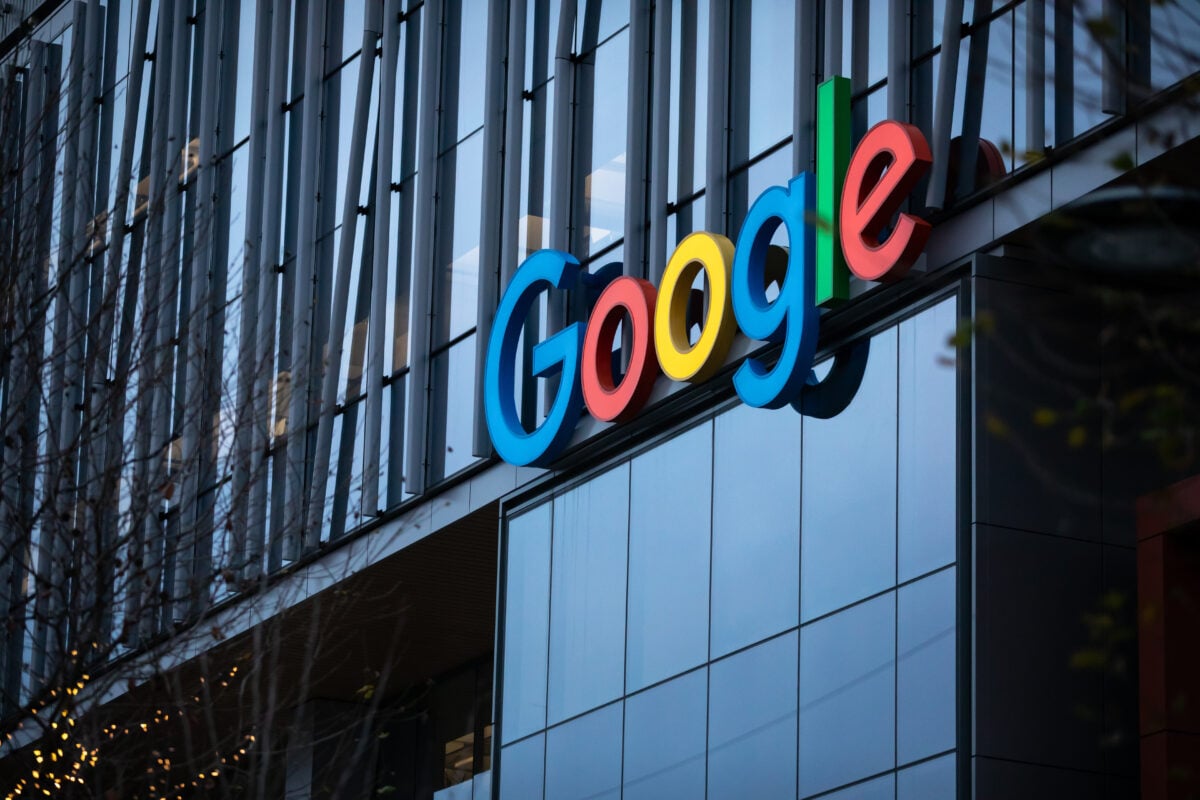TLDRs;
Contents
- Google’s AI Overviews are under fire from European publishers for undermining their visibility and revenue
- A formal complaint has been lodged with the EU Commission over alleged market abuse
- Traffic losses linked to AI-generated summaries are hitting publishers hard
- The case could mark another major antitrust challenge for Google in Europe
Google is once again under scrutiny in Europe as a coalition of independent publishers accuses the tech giant of misusing its dominance in online search through its AI Overviews feature.
The publishers, supported by advocacy groups such as the Movement for an Open Web and Foxglove Legal, filed a complaint with the European Commission on June 30, urging regulators to investigate the impact of AI-generated summaries on web traffic, competition, and the future of journalism.
At the heart of the complaint is Google’s decision to place AI-generated answers at the top of search results. These summaries often pull key information from publishers’ websites, presenting users with answers without requiring them to click through to the source. Publishers argue that this significantly reduces visitor traffic, slashing ad revenue and undermining the viability of independent media outlets.
Publishers Say Traffic Losses Are Mounting
The publishers backing the complaint claim that AI Overviews are already having measurable and damaging effects. Industry data suggests that click-through rates drop by over 40 percent on desktop and more than 30 percent on mobile when content is included in AI summaries. In extreme cases, some independent news sites report traffic plunges of over 70 percent.
The growing reach of the feature is also sounding alarms. AI Overviews appeared in more than 13 percent of Google search queries by March 2025, more than doubling from January. For publishers who built their business models on search engine visibility, the sudden shift is forcing a rethink. Many are now pivoting to focus on exclusive stories and breaking news that are less likely to be scraped into AI-generated responses.
Opt-Out Comes at a Price
The complaint also highlights a troubling dilemma faced by content creators. While publishers technically can opt out of having their content used to train AI or appear in summaries, doing so reportedly results in a steep drop in their search visibility. This catch-22, the complainants argue, leaves publishers with no meaningful choice and gives Google an unfair advantage by exploiting its near-total dominance of the European search market.
This isn’t the first time the European Commission has taken Google to task. In 2017, the company was fined €2.42 billion for favoring its own comparison shopping service in search results. The current complaint echoes past accusations, focusing once again on the tech giant’s alleged pattern of using its position to crowd out competitors and control adjacent markets.
A Broader Shift in Search Underway
While Google is the immediate focus, the rise of AI-powered search is reshaping the broader digital landscape. Competing platforms like Microsoft Copilot, Brave, and Perplexity are adopting similar models that offer direct, AI-generated answers. These new experiences, while user-friendly, reduce the need for traditional click-throughs and could weaken the web’s longstanding ecosystem of open access and diverse content.
As Europe positions itself as a leader in tech regulation, the outcome of this case may have far-reaching consequences. At stake is not just Google’s conduct but the future balance between innovation, fair competition, and the sustainability of quality journalism in an AI-driven world.


